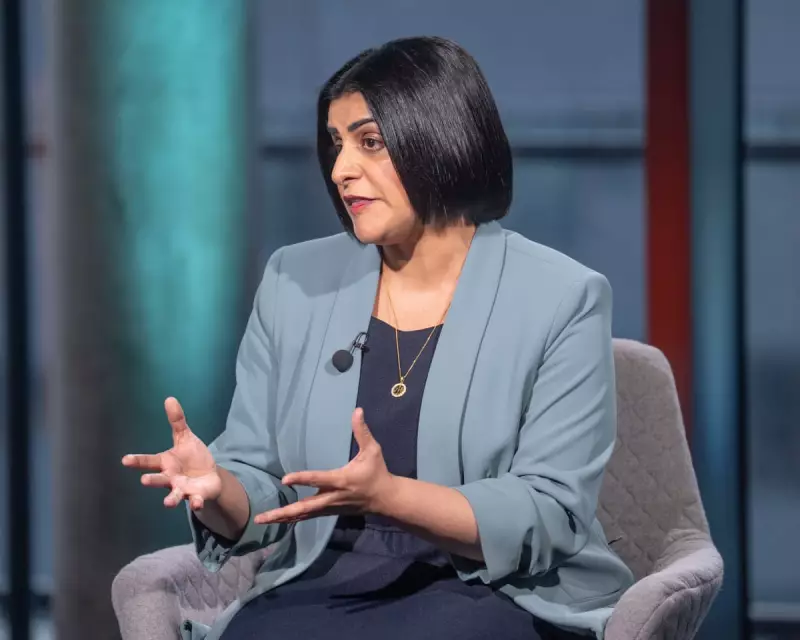
The UK government is poised to enact the most significant changes to the asylum system in modern times, with Home Secretary Shabana Mahmood set to announce that state support for asylum seekers will become discretionary.
What are the proposed changes?
In a move designed to quell rising public concern over immigration, the Home Secretary will unveil a package of proposals on Monday. The core change involves amending existing laws that currently guarantee housing and financial assistance to asylum seekers who would otherwise be destitute.
Under the new plan, this assistance will become discretionary, granting the government the power to deny help to those it deems capable of working or who possess personal assets. Ms Mahmood has framed these reforms as essential to restore control and fairness to the UK's immigration framework.
Impact on current asylum seekers
Despite the sweeping nature of the announcement, the majority of the approximately 100,000 people currently receiving asylum support in the UK are unlikely to be immediately affected. Government sources have confirmed that the fundamental rules prohibiting most asylum seekers from working will remain unchanged.
The vast majority of those supported are accommodated by the state, with about a third still living in hotels. The Labour government has pledged to end the use of hotels for asylum accommodation by 2029. A smaller group, estimated at 8,500 people, already have the right to work because they initially entered the country on a visa and subsequently claimed asylum.
Government rationale and reaction
Justifying the planned overhaul, Home Secretary Shabana Mahmood stated, This country has a proud tradition of welcoming those fleeing danger, but our generosity is drawing illegal migrants across the Channel. The pace and scale of migration is placing immense pressure on our communities.
She characterised the set of proposals as the most substantial effort in modern times to tackle illegal migration. The changes aim to create a system where support is targeted more specifically at those with no other means of survival, while attempting to deter economic migrants from making dangerous Channel crossings.





